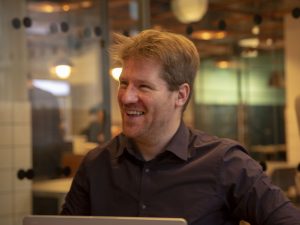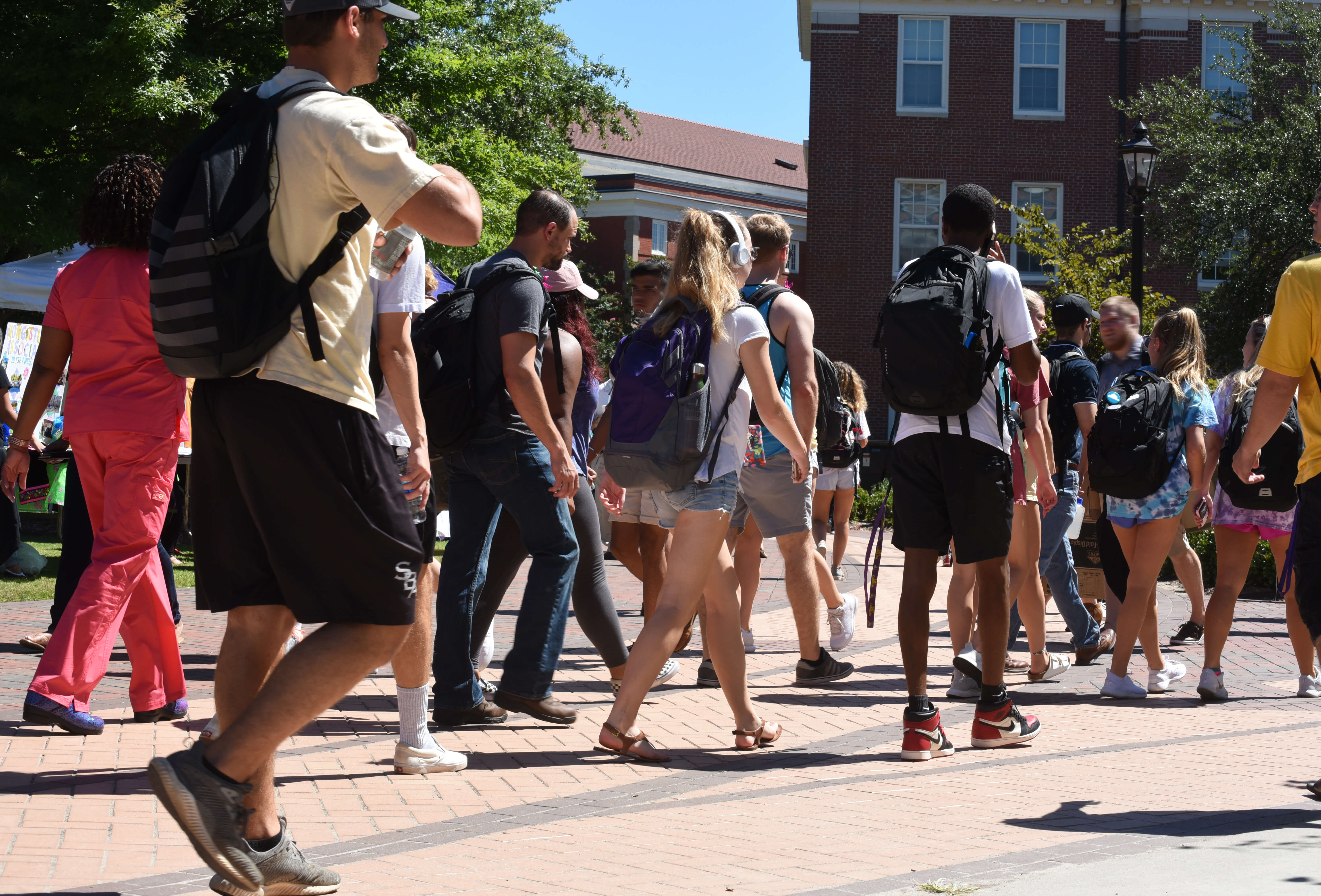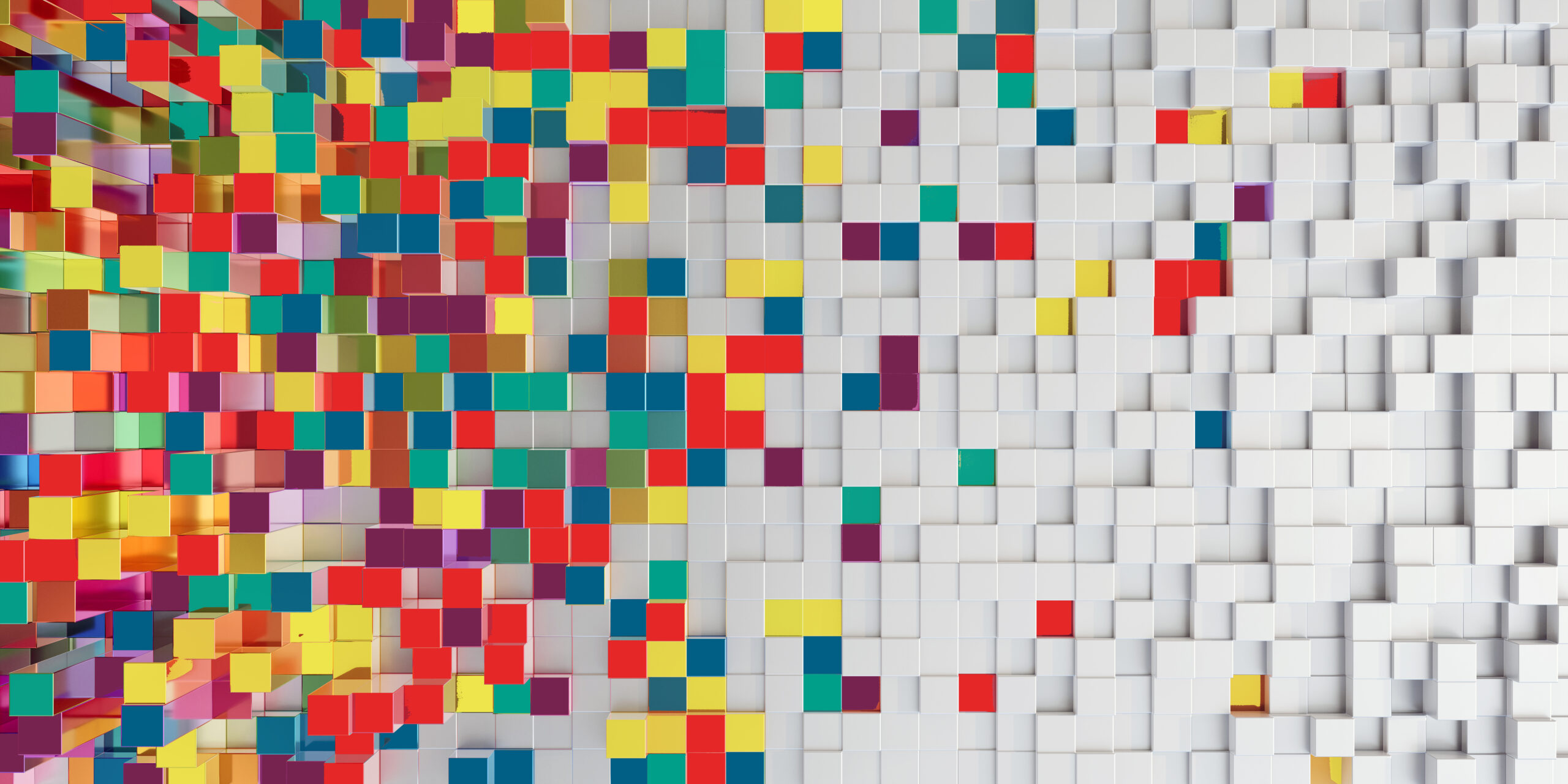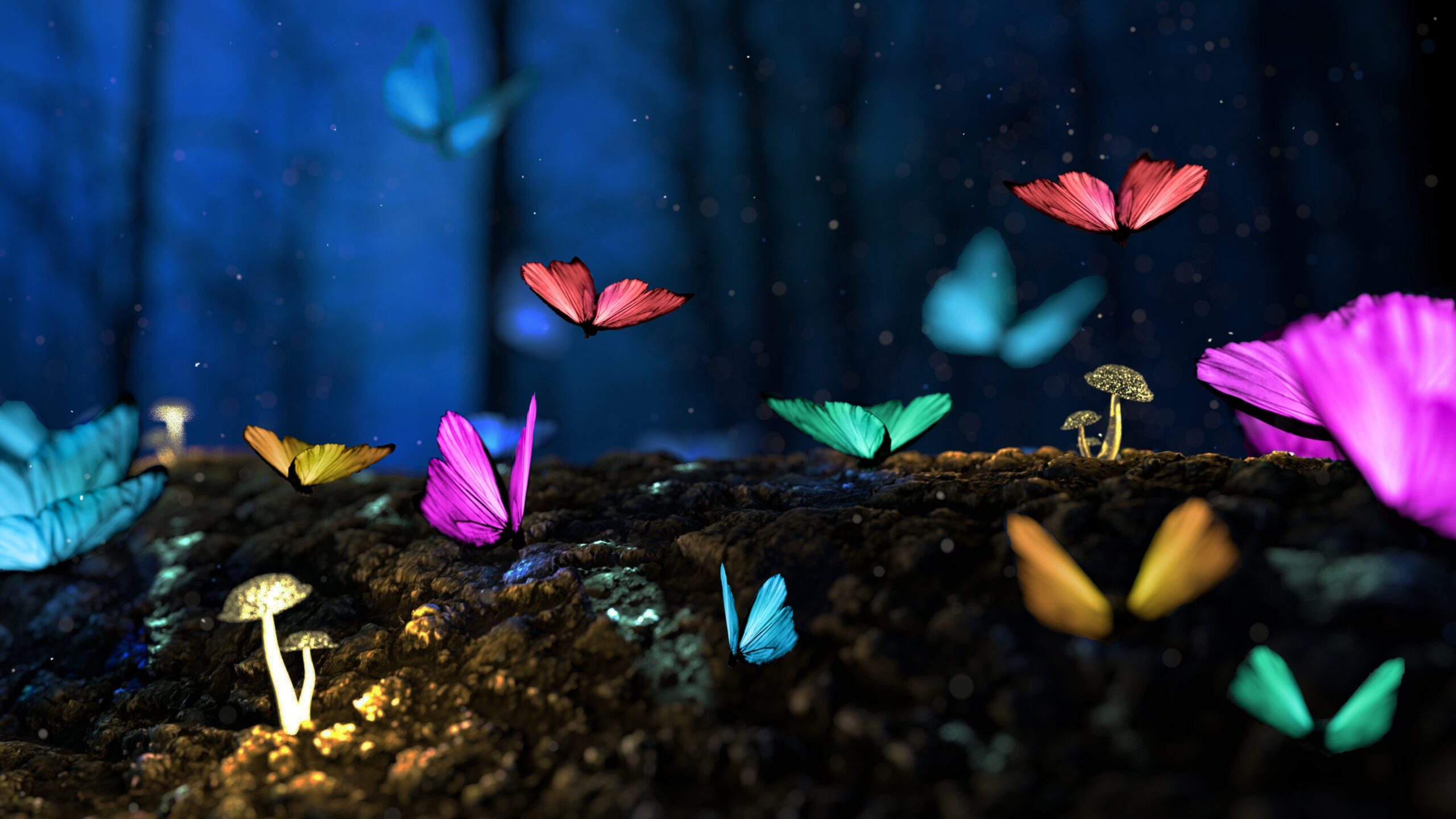You’re not alone: Real connections will enrich your emotional wellbeing
Dr John Mervyn-Smith, Chief Psychologist and ‘Soul of The GC Index, talks connection – specifically human connection:
At our GC Connect conference earlier this year my friend and colleague, Andy Cracknell, connected with our gathering in a profound way. His emotional comments on the struggles to really connect in life and work touched the audience in a very immediate way: people cheered, whistled, clapped. The response was genuine and spontaneous.

The experience touched us all and left me, yet again, thinking about what it means to connect with others. The moments of real connection are rare for most of us and often accidental, but they are profound and influential, satisfying the need to not feel alone in the world.
Social media is fuelled by this very human need to connect and to search for connection. Yet it often feels hollow, superficial, ‘junk food’ that can’t sustain us. It can require a conformity to the norms of belonging and acceptance, that actually destroys real connection.
There is much to understand about human connection and, in my experience, we can learn more from some of the great novelists than we can from psychologists and psychotherapists.
At the very heart of it, I would suggest, is the feeling of being known and knowing. Having the experience of being ‘seen’by another human being; really seen.
It’s all too easy to believe, pretend even, that we know someone: we build a superficial rapport based upon superficial characteristics. Many, not all, are drawn to people like us, people who share a physical likeness, perhaps, the same taste in clothes, the same accent.
We do personality questionnaires and build a bond with our newly-found introverted buddies and the ones who like to ‘go with the flow’.
But this sort of knowingness undermines our human capacity to embrace difference rather than seek comfort in perceived similarity. The reality is that whilst we may acknowledge difference we actually seek the safety of what we think we know. In our groups, tribes, clubs and religious sects we reinforce the illusion of knowing because to belong we must conform, and we pay a price for being different.
These very primitive drives for the safety of belonging, based upon the fear and anxiety of not belonging, can undermine the quest for inclusive, diverse and tolerant societies.
Some may seethis view as wishy-washyliberalism that denies the reality of a human nature based upon greed, hatred, delusion and, consequentially, division. Darwinians might argue that the survival of the human species is dependent upon nurturing diversity. And as we look at our world today, there is some force in that argument.
The basic fear of diversity is that it appears to destroy the very connections that we seek – ‘I don’t know this person because they are not like me and, therefore, how can I trust them’. Tony Blair’s suggestion that migrants should be encouraged to integrate reinforces this view that we can only know, and trust, people who are like us – integrated. Ever the pragmatist.
It’s not enough to acknowledge difference and to seek to minimise it in a way that leaves us feeling comfortable, we need to connect through difference. The paradox, of course, is that connecting, especially with difference, can leave us feeling vulnerable in a way that many of us would prefer to avoid.
Andy is different, as we all are, and he has the courage to be different and to live with the feelings of vulnerability that come with that and, in doing so, shows great strength. Andy’s story encourages us all to connect with difference rather than be afraid of it and, if we do, we will all be a little more emotionally healthy.



